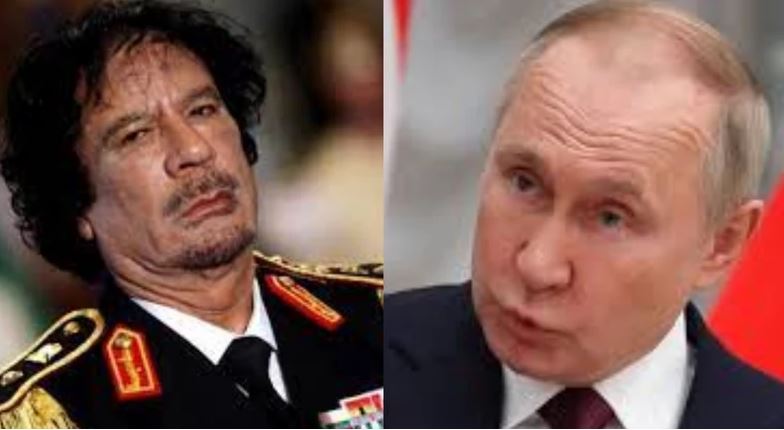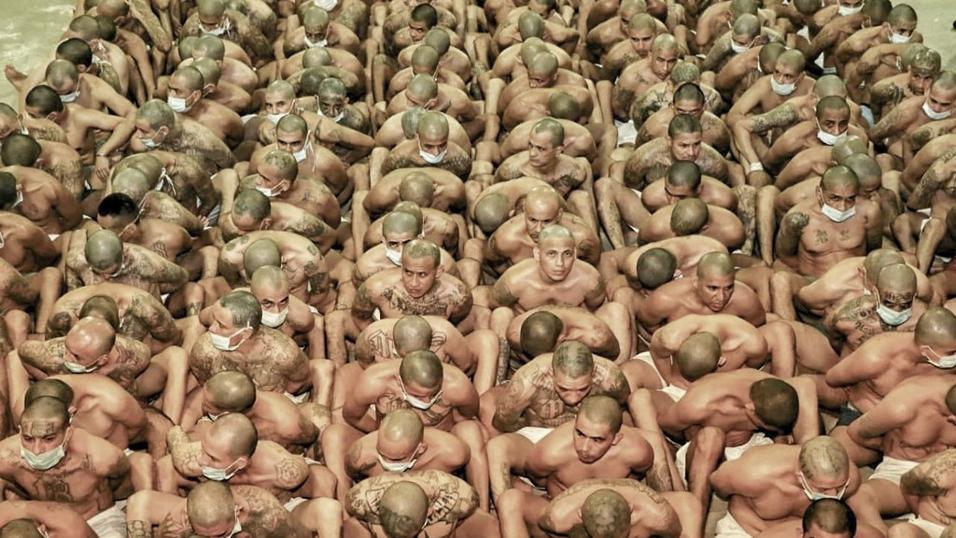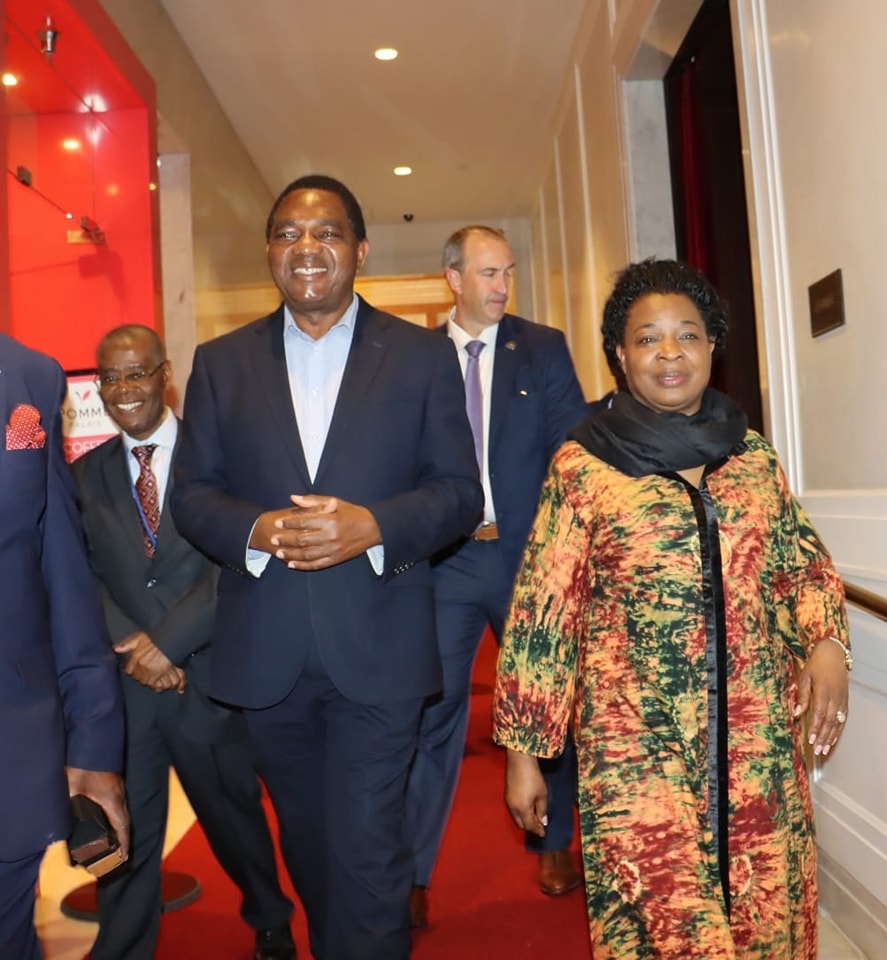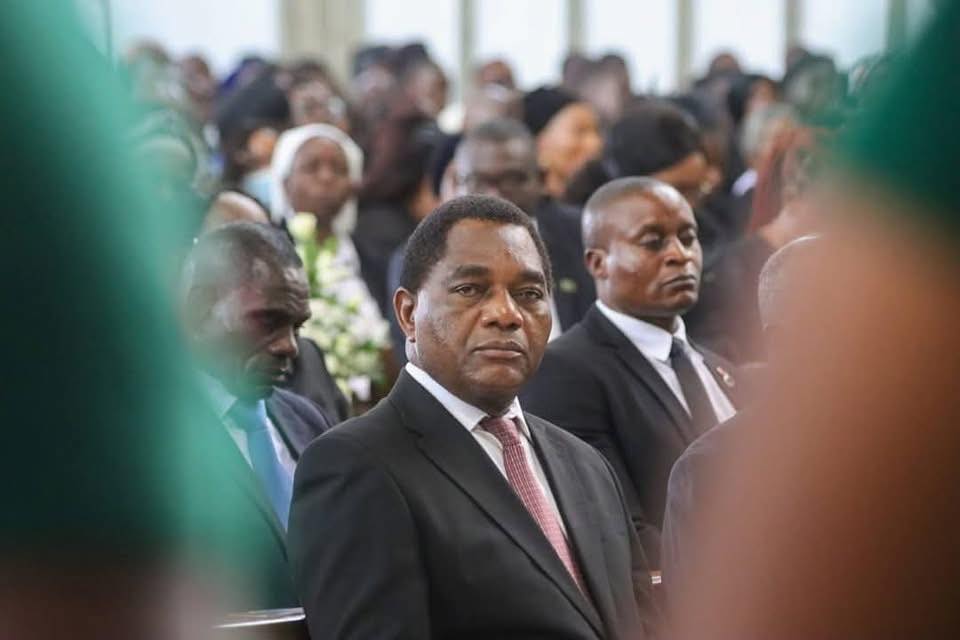An old video that shows Russian President Vladimir Putin angrily questioning and condemning North Atlantic Treaty Organisation (NATO) for invading Libya and killing its leader Muammar Gadhafi has emerged.
Putin who was then his country’s Prime Minister to President Dmitry Medvedev spoke in Denmark and did not mince words in lashing out at America, France and other NATO member countries for cruelty against humanity, destroying vital national assets built by generations as well as breaching international security.
“The coalition is destroying Gadhafi who is not their goal, then why bomb his palaces? “Now some officials claim they are eliminating him was in fact their goal.
“Who gave them that right? Returning to the no-flight zone, the bombing is destroying the country’s entire infrastructure.
“When the so-called civilized world uses all its military power against the small country destroying what has been made by generations, I don’t know if that is good,” Putin said in 2011.
Interestingly, now that he is the President of Russia and has deployed his military to invade Ukraine where the bombing of national assets, the killing of soldiers and civilians have been ongoing since Thursday, February 24, the old video has surfaced online.
The video that is currently in circulation on social media platforms depicts double standards on the part of both Putin and NATO and its members who are condemning him now for doing the same thing they did conveniently a decade ago.
The original video was posted by pro-government news outlet RT News on YouTube.
After it has been dug out, the video has sparked numerous reactions, with many people, while condemning Putin’s offensive against its neighbour Ukraine, saying NATO and its member countries have lost the moral right to condemn Russia now.
NATO is a military alliance established by the North Atlantic Treaty (also called the Washington Treaty) of April 4, 1949, which sought to create a counterweight to Soviet armies stationed in central and eastern Europe after World War II.




